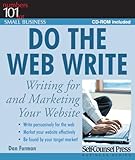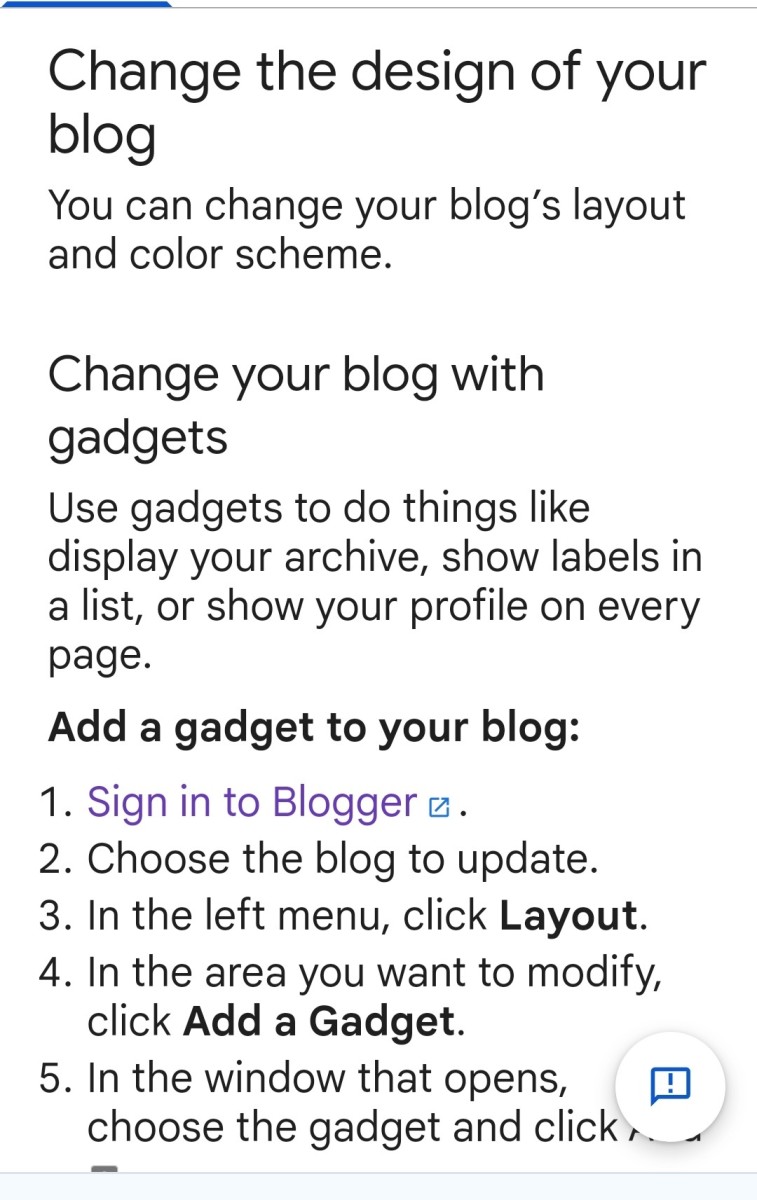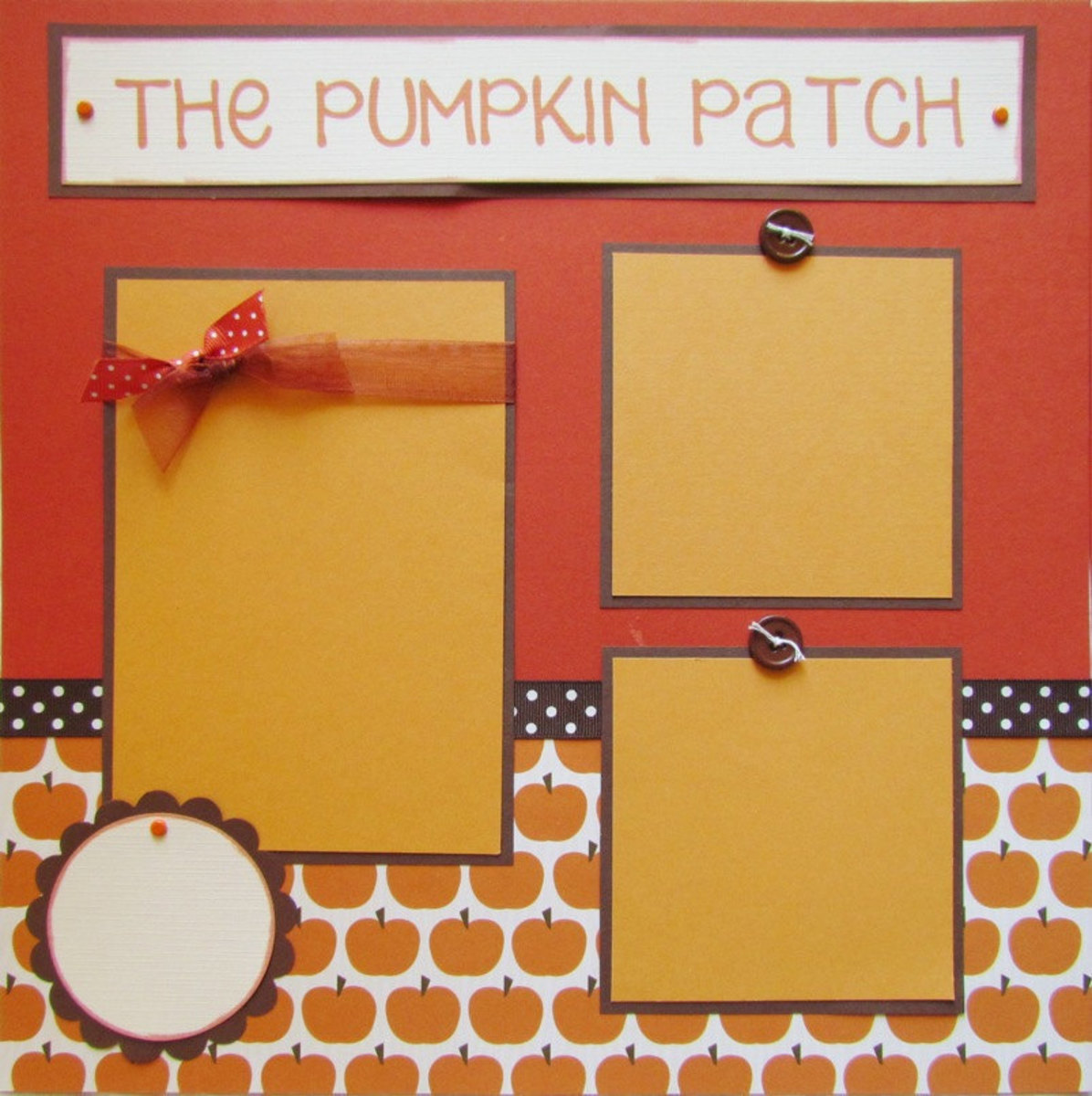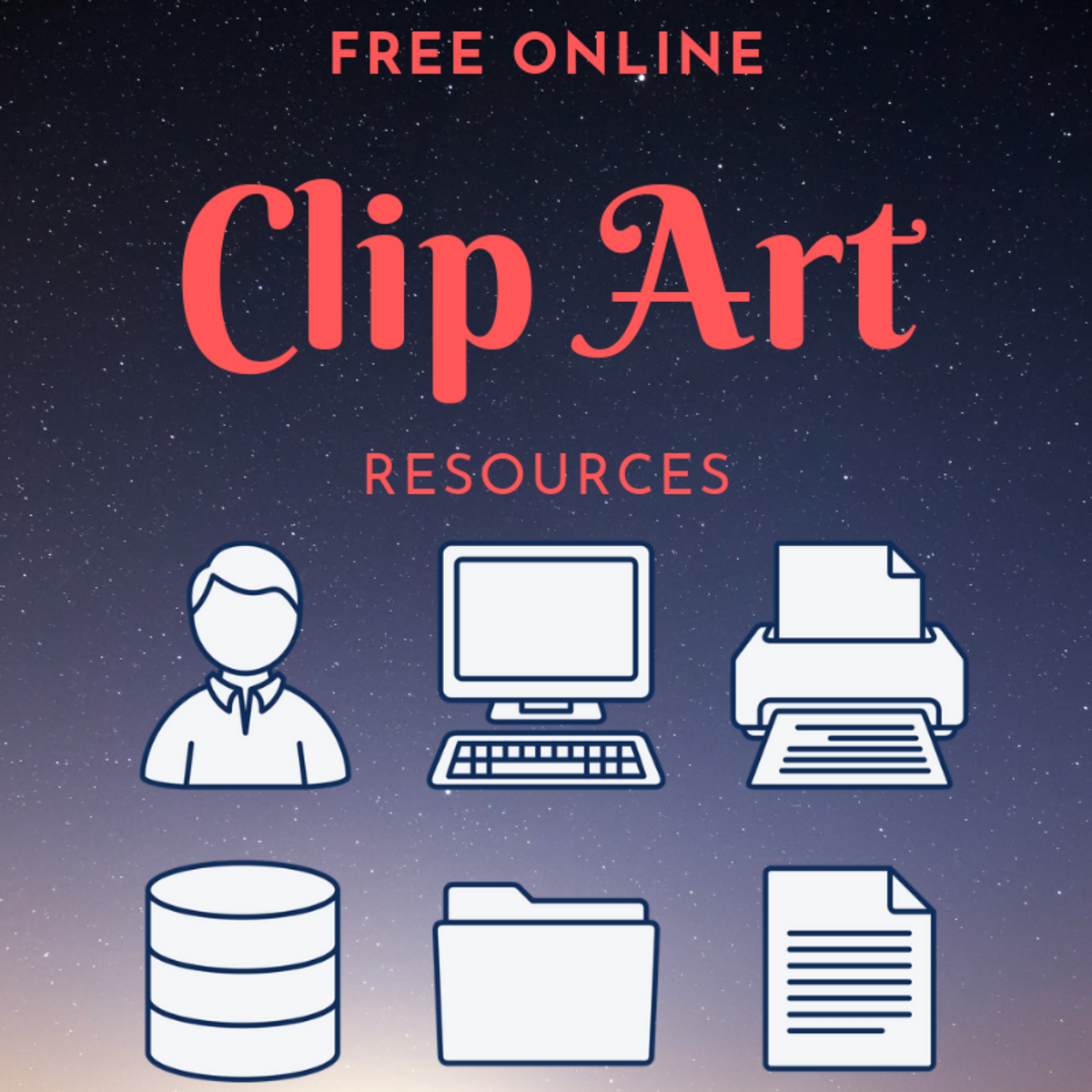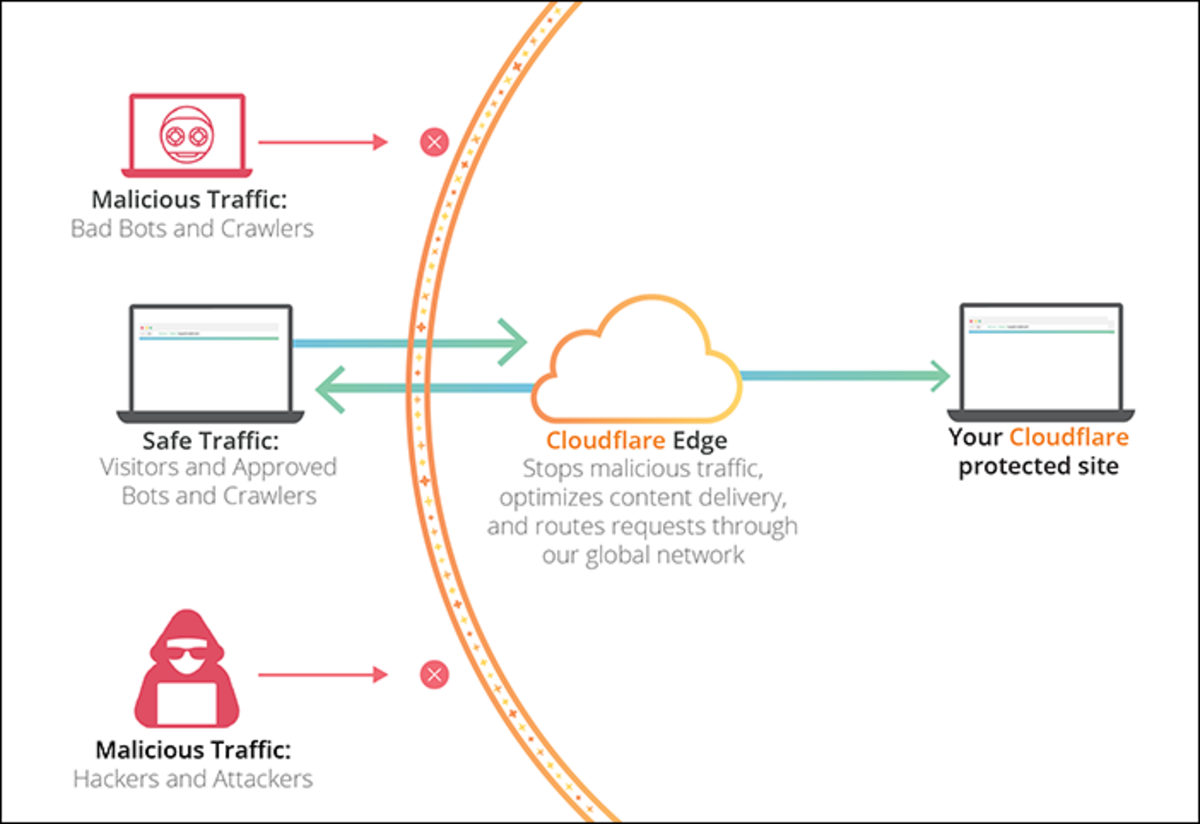10 Tips For Writing Web Pages :: Website Designing Tips
10 Website Designing Tips
Writing web pages and creating engaging web content are essential skills that every web page owner and freelance web writer needs to understand. Excellent web copywriting is an essential key to the success of any web site, but creating good websites also requires at least a basic knowledge of web site design and layout if you want people to stick around once they've found you!
What makes a good website?
Whether you're relying on traffic to generate income from your website or you just want to provide useful or entertaining content for its own sake, you need to have eyeballs on the page!
Creating a web site takes a lot of work, and if someone manages to find your site - not always an easy feat on the crowded Internet - the last thing you want them to do is leave before they've had a chance to see what you have to offer!
Here are 10 Simple Website Design Tips to help keep visitors on your web site once you've attracted their attention...

1. Web Copywriting 101: Write Original, High-Quality, Informative Content
If you have a web page and expect to earn money from it with advertising, it isn't enough to just throw a bunch of banner ads together with a catchy page title. Savvy readers recognize those ad sites instantly, and unless they're looking for the specific content that you are advertising, they will click that "back" button fast!
If you instead write original, high-quality, informative content, your visitor will read what you have to say. If the writing is informative and intriguing the reader is more likely to seek out more information by clicking on an ad that is related to what you've written.
- Writing web pages is a skill, and good web copywriting is the most important aspect of successful web site design!

2. Keep Your Layout Simple
Next time you're surfing the Web, take a moment to analyze the layout of the pages that you visit. Chances are, the ones that you return to again and again have a straight forward, clean-looking layout and an overall good website design.
Take the site you're looking at right now. You'll see that the text is in short, easy to read blocks. There is padding to the left and right of the text, so it doesn't appear as large bricks of dense words. There are advertisements, but they aren't the star of the show - the words are! The font is standard type face, with black letters against a white background. Pictures are incorporated into the text rather than taking attention away from it.
All of this makes the information easier to absorb, and the professional looking layout can even help to give the information an extra feeling of authority.
- Keep these ideas in mind when writing web pages for your web site

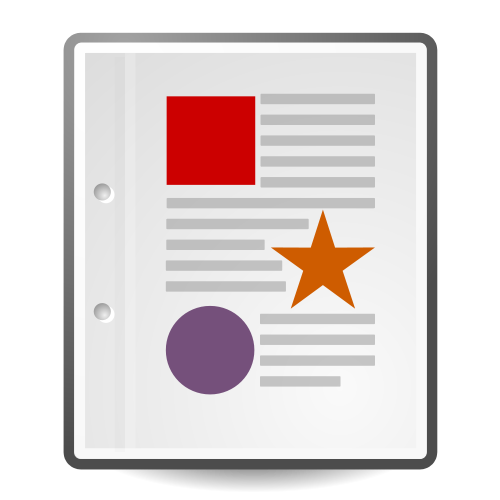
2. Only Use Photos and Videos That Are Appropriate To Your Content
Everyone knows that a picture is worth a thousand words, but that doesn't mean that you should just plop any old picture into your web page!
Sure, lots of people like to look at half dressed women, but if a picture of a beautiful lady in a bikini has nothing to do with your web page's content, then don't use it!
The same holds true for videos - just because you can include a video on your web page doesn't always mean you should. If you have a video that makes your information easier to understand, or provides additional information that is relevant to your text, go ahead and use it. But if the video doesn't actually add anything to the page, then don't bother with it.

4. Use Your Ads Subtlety
If you've got advertisements on your site, don't bash your reader over the head with them!
Keep your ads prominent but not intrusive and you'll have happier visitors to your web page. The advertising layout here on Hub Pages is a good example - there's a small banner ad at the top, another to the right of the first paragraph, and another all the way to the right, outside the margins of the text in the article. Then there's probably a strip of text ads about two screen-lengths down, and finally an ad all the way at the bottom.
This might seem like a sparse amount of ads compared to many other web sites, but there are lots and lots of Hub Page contributors who make a good amount of money from this advertising layout!
- Online readers are getting more and more sophisticated every years, so don't try to "trick" them with excessive or obtrusive advertising

5. Avoid Weird Fonts and Colors
In addition a simplified layout for your web site, you should avoid going crazy with fonts and colors. The occasional use of bold face or colored text to highlight a point is okay, but giant red letters screaming in all caps across the page looks tacky and unprofessional. It will probably prevent your reader from taking you seriously, which will discourage them from visiting your advertisers, or worse encourage them to move on from your site all together.

6. Spelling and Grammar
Another essential aspect of giving your web page a professional look
and feel is the writing itself. If there are misspellings and poor
grammar throughout you content, it smacks of amateurism and will drive
people away quickly.
All modern word processors have spell checkers, and most have grammar checkers. You should use spell check 100% of the time, even if you are a professional freelance web writer who never mistypes a single character!
And if you have even the slightest doubt about your grammar, use the grammar check tool, as well. It certainly can't hurt to check your grammar, and it most likely will help you to become a better web copywriter in the long run.
- The most basic web copywriting of all: When Writing Web Pages, ALWAYS Check Your Spelling and Grammar

7. Keep Your Links Current
If you are going to include hyperlinks in your web page, make sure when you add them that they work and point to the web page that you want them to. After you publish your page, go back every now and again and make sure all of your links are current!
When a reader clicks on a link only to find that the page being linked to no longer exists, or is hopelessly out of date, the first impression they will have is that you don't care enough to provide accurate and timely information. And if that's the case, then anything they've read before clicking that link is going to lose some of the credibility it may have had.

8. Never Use Music In The Background
This is a personal pet peeve of mine, but also a valid one!
Many people browse the Web at work or in other places where there are other people around, and the last thing they want is music blasting unexpectedly from their computer.
Even if your page is about music, give your visitor the option of listening rather than forcing it on them the second the page loads in the web browser. Music that plays automatically is another sign of an unprofessional site, so avoid it at all costs!

9. Avoid Using Pop-Up Windows
I don't think anyone likes surprise pop-up windows, and I can't think of a single good reason to use them.
The only valid reason to use a pop-up window is to provide a small window on top of the current page to give useful information without making the visitor leave the page. So, for example, if you use a lot of technical jargon, a little pop-up window that defines a complicated or obscure term is fine. Also, if you have a link mid-way through your page that gives related info, it's okay to open that link in a new tab or window, but you should let the user know that clicking that link will open a new tab or window.
And never,ever use a pop-up window when a visitor leaves your page! That is what's known in the brick-and-mortar world as the "Hard Sell," and nobody likes it...
- No legitimate website abuses pop-up windows, and neither should you!

10. Give Readers A Way To Contact You
Finally, provide a way for visitors to contact you, whether by email, a contact form or a comment section on your web page. This not only makes the reader feel involved in your site, it also can help you out - if you have a broken link, for example, a user could be the one who alerts you to it.
It's probably bet to use moderated comments if you choose to go that route. If you don't, your comment area will quickly fill with spam links - another sign of unprofessional-ism.


